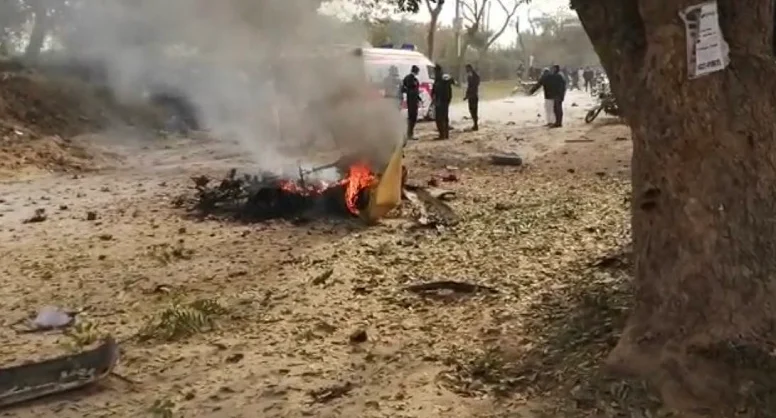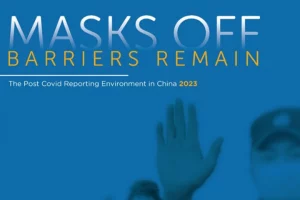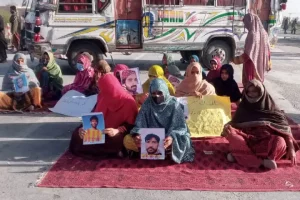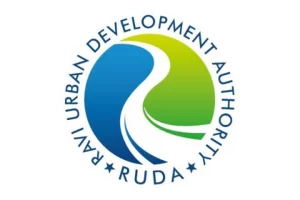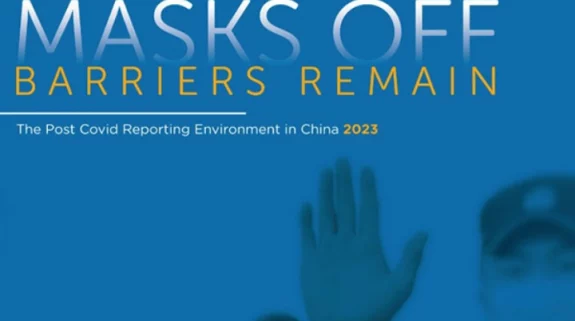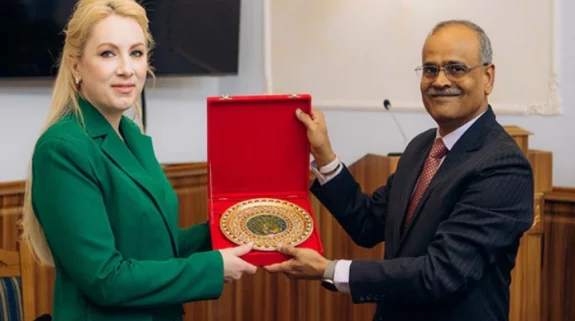Pakistan’s Interior Minister Rana Sanaullah has promised to provide proper security to Chinese nationals as well as other foreigners in the country.
At a high-level meeting on anti-terror measures and the security of foreigners in port city Gwadar on Sunday, Sanaullah said: “All locals and foreign nationals would be provided fool-proof security”. Talking about the China-Pakistan Economic Corridor (CPEC), the flagship project between the two all-weather allies, Sanaulla said that one per cent of project money under CPEC has been reserved for security arrangements.
The Interior Minister’s remarks are significant. Last week the Punjab government said it will not be able to provide security to Chinese nationals residing in Pakistan except for those working on government projects. The Punjab government even asked Chinese nationals to hire private security firms for their safety if they were not working on Pakistan-government projects.
The Punjab government issued the statement days after the deadly suicide bomb attack on the Peshawar mosque that killed 101 people, mostly policemen. The Islamic country is witnessing heightened violence by various groups across the nation including groups that it had once supported for carrying out jihad in Afghanistan.
Providing safety to Chinese nationals working on CPEC and other projects in Pakistan has become a headache for the Shehbaz Sharif government as local communities in many provinces like Balochistan, Sindh and Khyber Pakhtunkhwa find Chinese projects exploitative with no social and economic benefits accruing to people. The result has been a wave of attacks on Chinese assets and people by Baloch and Sindhi nationalists.
Despite the matter being raised by Chinese President Xi Jinping with two successive Pakistani Prime Ministers—Imran Khan and Shehbaz Sharif—Pakistan has been unable to enhance the security of the Chinese. The targeted attacks on Chinese assets has led to visible diplomatic friction between the two nations with China completely stalling some projects over safety fears and going slow on others due to payment problems.
Safety of Chinese assets and nationals has become a recurring theme in almost all Pakistan-China discussions. After one such interaction between Sharif and Chinese Premier Li Kequang, the Chinese foreign ministry said: “Li Keqiang pointed out, the Chinese side is shocked and outraged by the recent attack on Chinese citizens in Karachi and strongly condemns this terrorist attack. China hopes that the Pakistani side will bring the perpetrators to justice as soon as possible, make every effort to deal with the follow-up matters of the casualties, comfort the bereaved families and the injured, and comprehensively strengthen security measures for Chinese institutions and personnel in Pakistan to ensure that similar tragedies will not recur”.
Pakistan might be staring at a bigger nightmare. It is not just Chinese nationals who are at risk but other foreigners too. In late 2021, Sri Lankan factory manager Pritantha Kumara, was brutally attacked by Islamist fanatics, beaten to death and burnt in broad daylight over false allegations of blasphemy.
In January, Canada-based mining giant Barrick Gold set up an office in Balochistan capital Quetta to begin operations for gold and copper extraction. The company has already received threats from the Baloch rebels who are opposed to any other foreign investment, which they consider a form of colonising Baloch mineral resources.
Barrick Gold and the Canadian government should avoid investing in #Balochistan in the context of human rights abuses and the deprivation of freedom of the #Baloch nation.
Dil Murad Baloch, Secretary General BNM ( @DMBaluch_ ) pic.twitter.com/4u5LLoVwcc
— BNM (@BNMovement_) October 19, 2022
Besides the ongoing conflict with the Baloch, Pakistan also has been facing a grim security scenario for over one-and-a-half years, soon after the Taliban set up its government in Kabul. Since 2021, an increasingly assertive Pakistan Taliban, also called the Tehreek-i-Taliban Pakistan (TTP) has been putting pressure on Pakistan to conform to Sharia law as well as open up the Pushtun areas on both sides of the Afghanistan-Pakistan border for free movement of people.
With Pakistan unwilling to bow down before the TTP, once its ally, the group has launched a series of attacks on Pakistani security forces, inflaming large parts of Pakistani territory.
How an economically-beleaguered Pakistan will convince the Chinese and other foreign investors about their safety is now a million dollar question.
Also read: Shari Baloch becomes ‘Shari The Legend’ as her video message sets Pak Twitter ablaze






